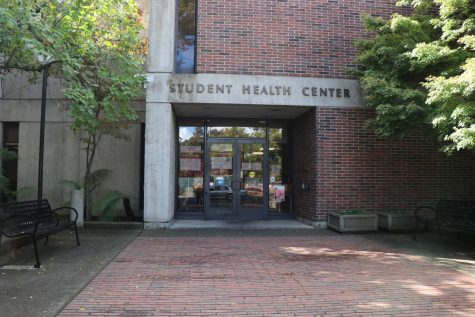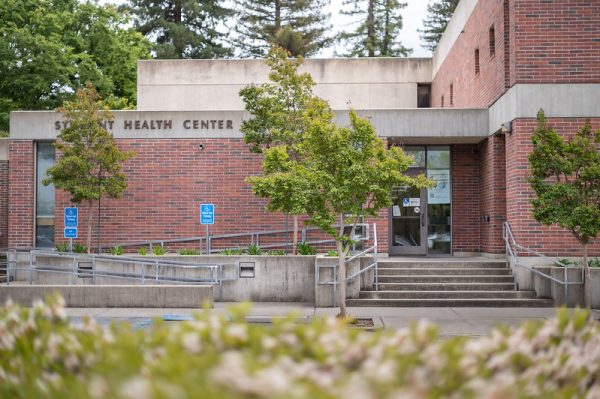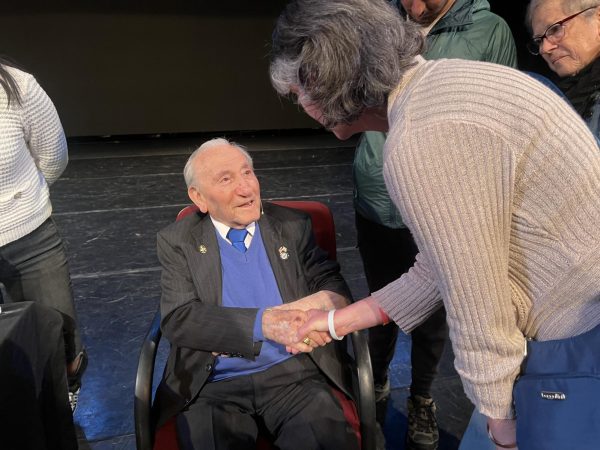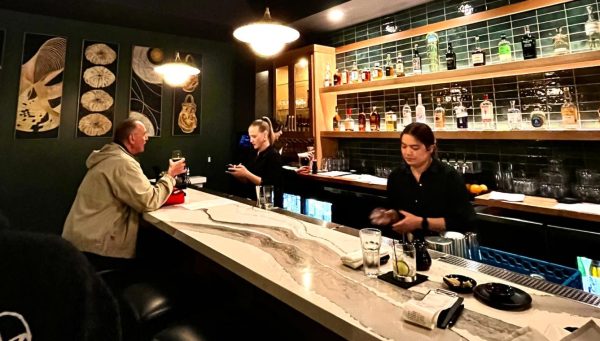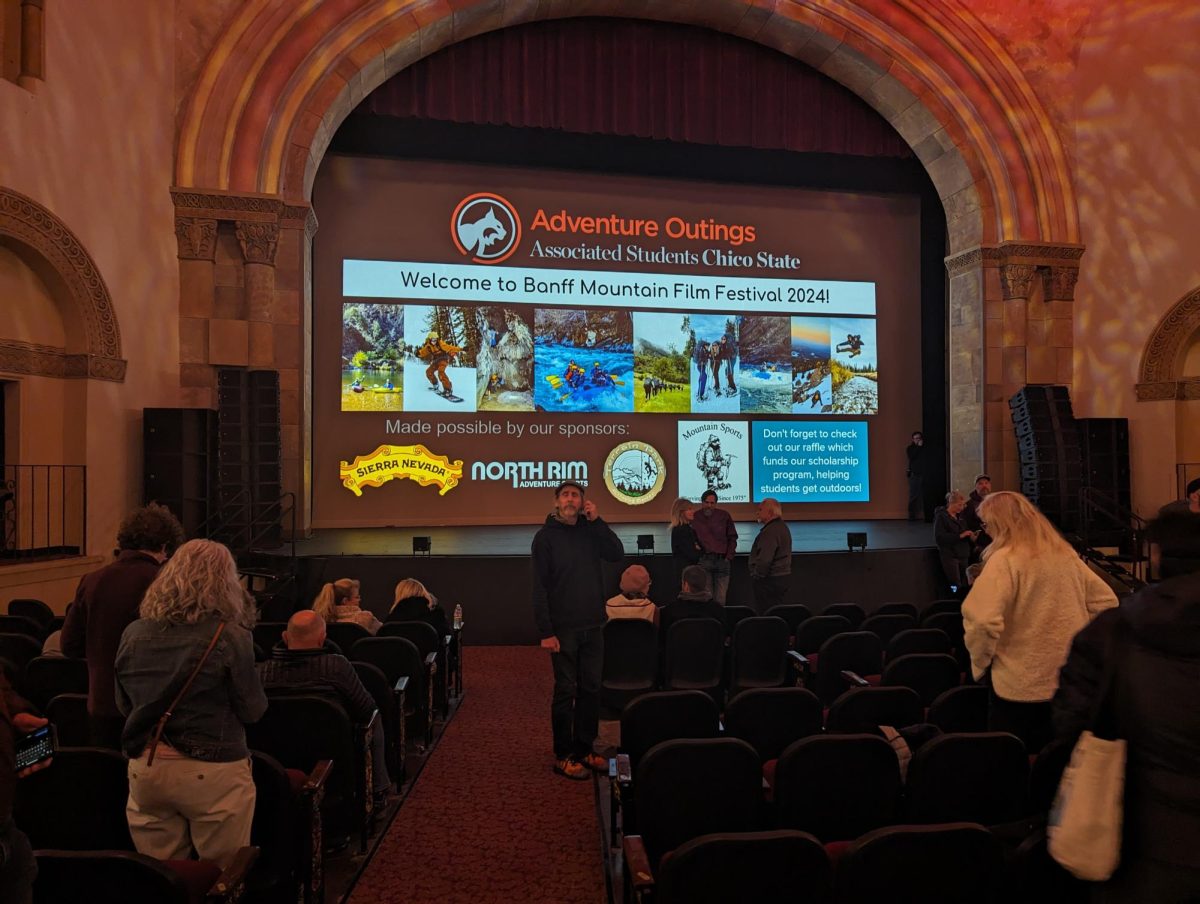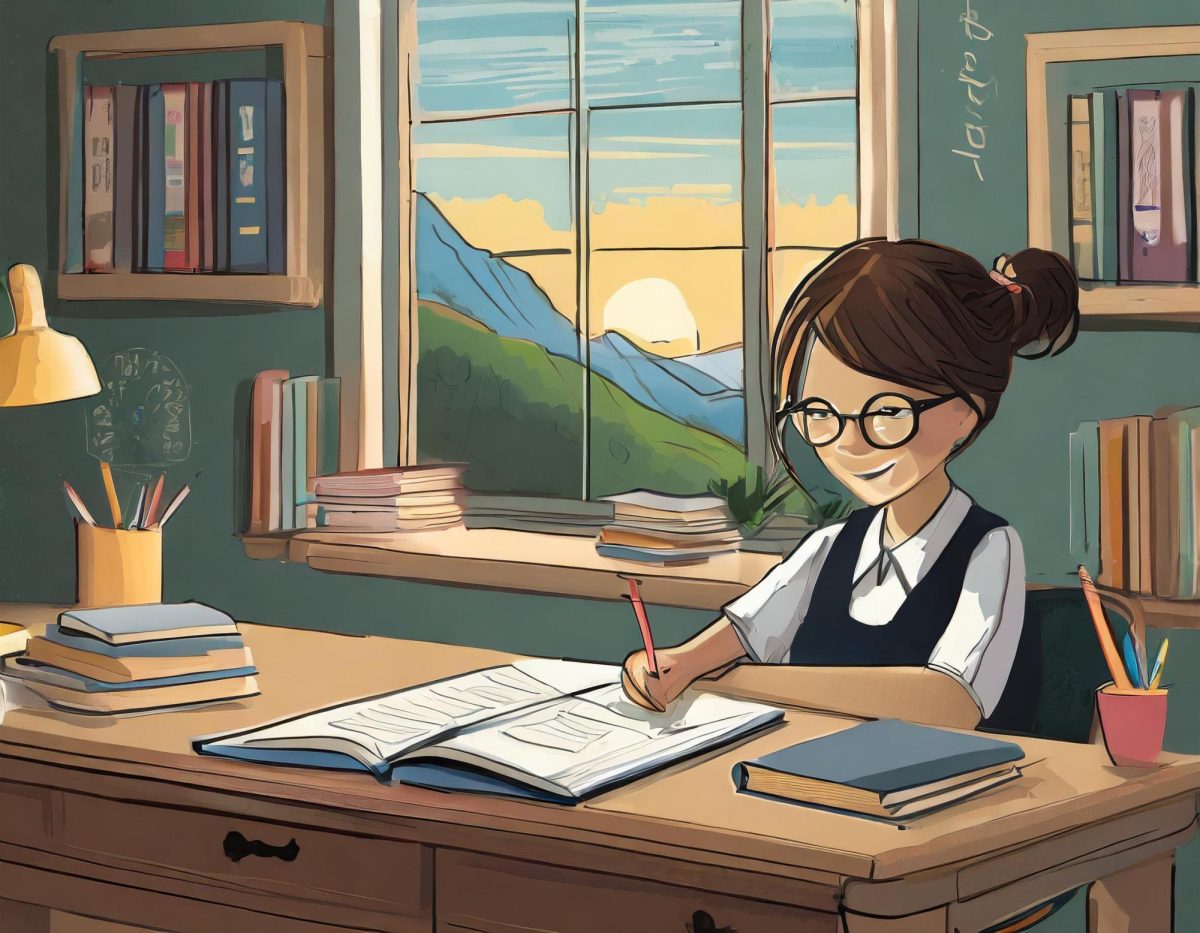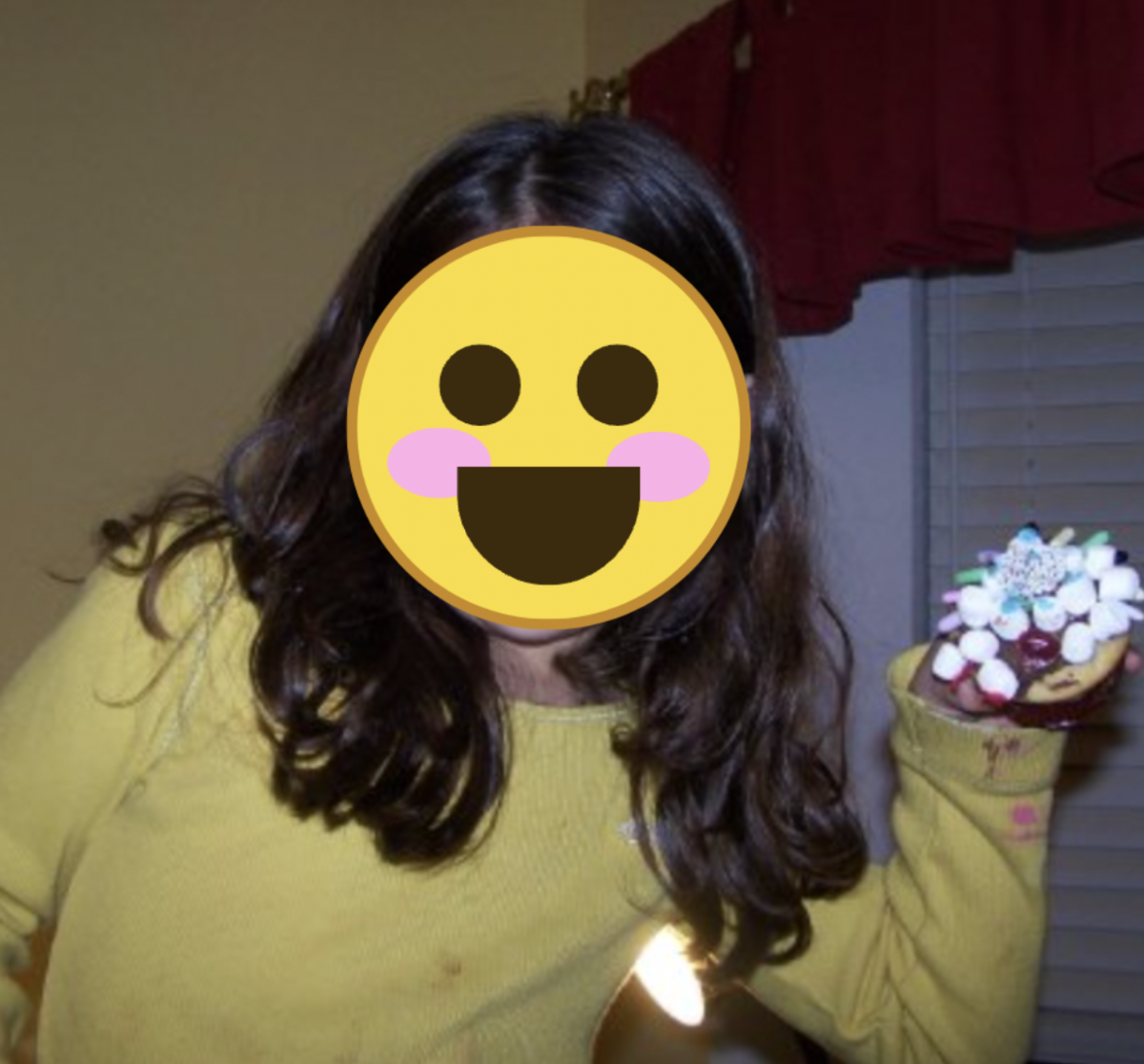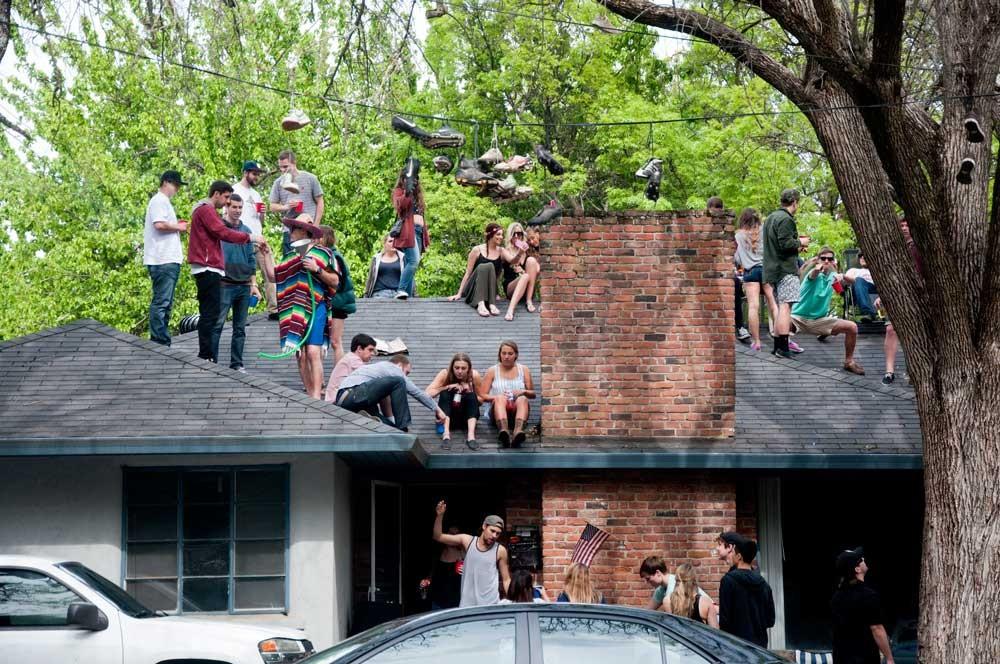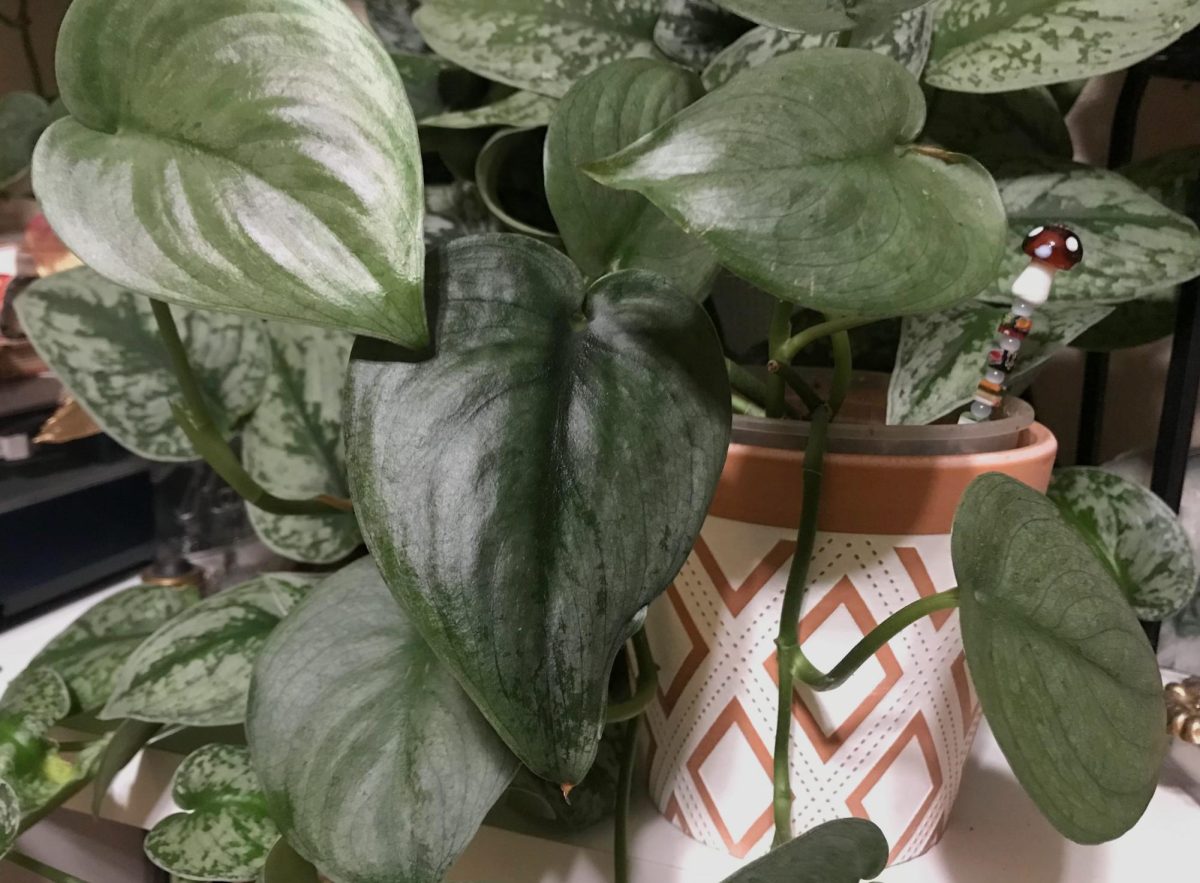
I don’t know how the topic really came up at the smoking area between Butte and Plumas halls, but there was consensus among the three of us who were discussing it: Faculty members are not entitled to the personal stories of their students.
One gentleman, a veteran of Afghanistan, shared that he’s getting sick of faculty finding out he’s a vet.
Why? It’s because suddenly the story of his time in the Marines seems to become the professor’s property.
The other gentleman in the group spoke up that, while it hasn’t happened to him, he’d seen faculty do the same to other students — almost bullying them to open up to a class full of strangers.
He noticed most didn’t really want to share their story. It was obvious to him that the professor either didn’t see it or didn’t care. He didn’t know what to do.
This is also familiar to me.
Depending on the class and the discussions in that class, I may or may not disclose that I’m gay or HIV-positive. Not really suitable for statistics or history, but very relevant in a sociology or multicultural and gender studies class.
Yet there seems to be some misperceptions of some faculty at four-year institutions of higher education — that all students come from a nice, safe, middle- or upper middle-class background with “Leave It To Beaver”-type families.
Wrong.
The faculty at our institutions need to understand that some students, not all, are coming from much darker places — places that faculty may not want described to the class.
Whether that is military service in an active combat zone, the inner city where street violence is affecting children of all ages, survivors of sexual assault, abusive family relationships and other not-so-nice pathways to the university.
Moreover, unless the faculty members in question are in psychology or have some counseling background, most are ill-equipped to deal with crises in the classroom. Yet there is this almost sick fascination with the idea that a class of students can learn from a single student’s story or background.
While I know this is true because I’ve spoken on LGBTQ Issues and Identities since fall 2012, that is a choice that I make. I receive an invitation from the instructor of record to come speak in his or her class and am not bullied by someone who has power over my grade.
If faculty members really feel the need to have personal experiences related to their subject matter, I’d recommend making a good summer reading list of creative nonfiction.
Or maybe they can share their stories first.
There is that old saying — I’ll show you mine if you show me yours.
Joseph Rogers can be reached at
[email protected] or @JosephLRogers1 on Twitter.
